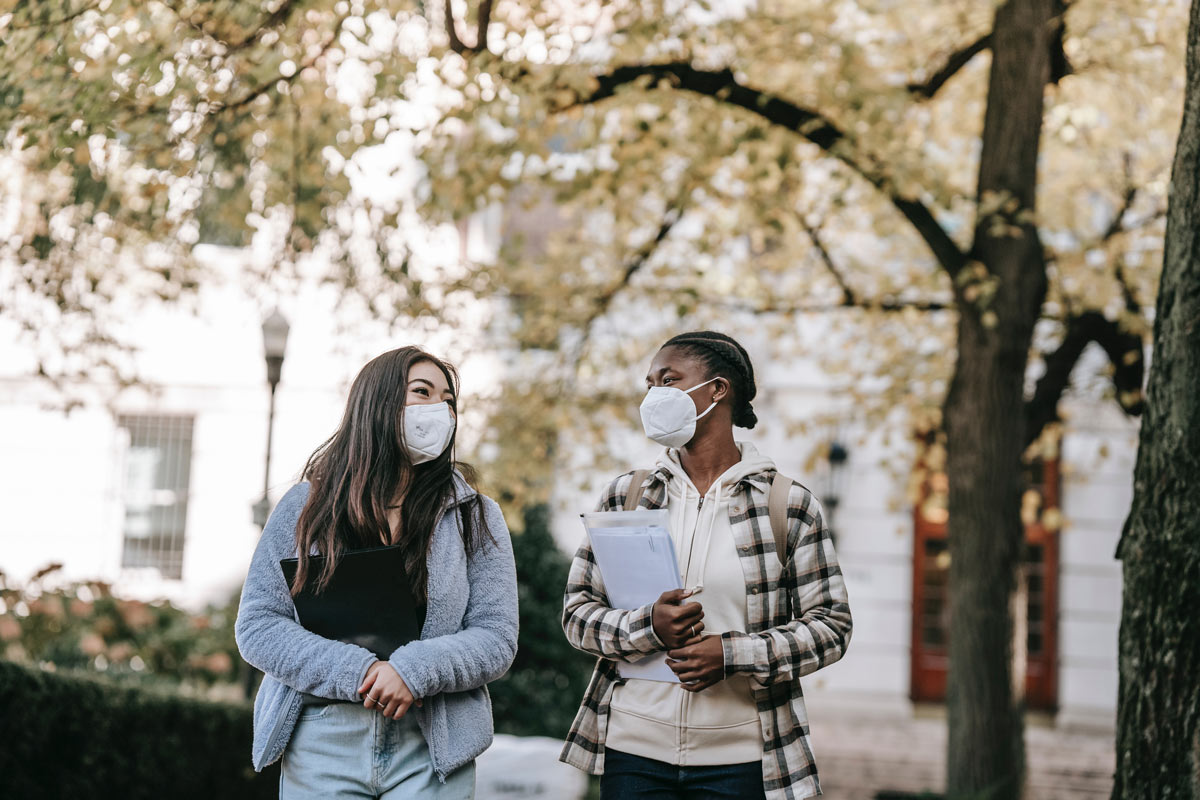Gender-sensitive urban planning and mobility
Existing gender inequalities were exacerbated by the COVID-19 pandemic. This cluster deals with domestic violence and women's socio-economic well-being and access to public space during the pandemic, and develops strategies for gender-responsive urban recovery.
The COVID-19 pandemic has exposed and exacerbated existing gender inequalities.
Urban public space continues to pose a threat to women's safety. Yet, access to open and green space has rarely been more important than now when social distancing became an important measure to fight the spread of the virus. Public space provides an opportunity for social inclusion and enables participatory and socially just urban planning. The COVID-19 pandemic can be an opportunity to make land-use planning in urban spaces more gender-sensitive, equitable and sustainable. However, to achieve this goal and effectively respond to the pandemic's impact on women, it is essential to collect gender-specific data at the municipal and national levels.
Without a gender-sensitive approach to urban development, the COVID-19 pandemic may have far-reaching implications on women. Nonetheless, gender-sensitive practices already exist and can contribute to gender equality. The task now is to implement these practices and help municipal actors achieve sustainable, inclusive and (gender) equitable development in the post-COVID era.
